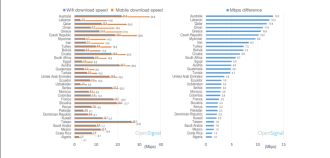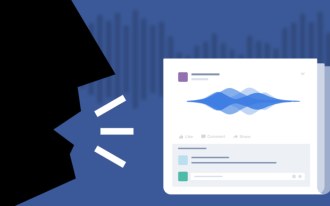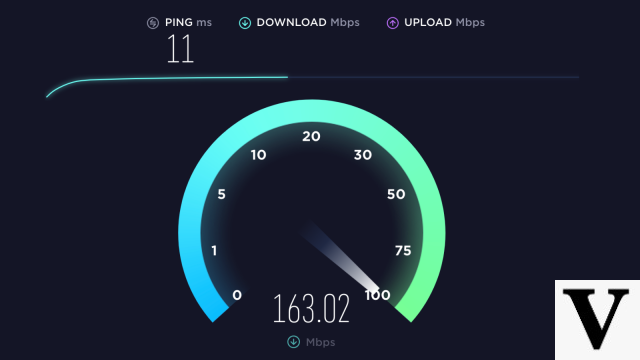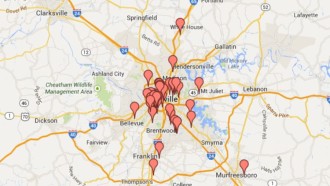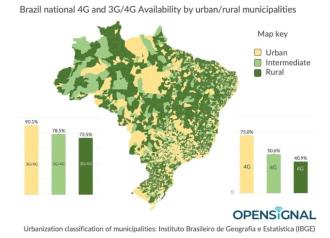The term private is very relative. This statement is clear when we think about private browsing. This is the setting in a web browser, which, in theory, allows you to hide your history from other people who might be using the same computer.
Even though private mode can cover up your activities to some extent, there are still ways to track your actions. And this can be done, not only by people on your network, but also by your isp, the government and even hackers.
Firefox: Latest browser update promises safer browsing
What is Private Browsing Mode?
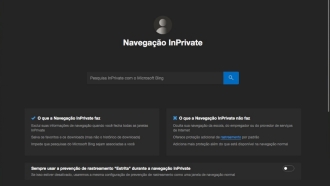
First of all, let's talk about what private browsing mode is all about. This feature first appeared in 2005 in Apple's Safari browser. It didn't take long for rival browser vendors like Google and Mozilla to follow suit. It soon became a standard component for any web browser.
Private browsing effectively creates a separate browsing session that is isolated from the main one. All websites you visit will not be recorded in your device's history. If you log into a site in private mode, the cookie will not be saved when you close the window.
That way, private browsing tabs cannot access cookies that you use in the main session. For example, if you log in to Facebook and then go into incognito mode, you will have to log in again.
This makes it a little more difficult for third-party websites to track your activity while in incognito mode. It also allows you to easily access multiple web accounts simultaneously.
As a bonus, it also becomes easier to bypass so-called "soft paywalls" — sites where you have access to certain pages before being asked to log in or sign up.
The limits of private mode
Browsers that offer a private mode often go to great lengths to emphasize that it is not full protection. At best, it provides a thin layer of privacy for people who work, through their private home networks.
Private mode does not prevent corporate or educational network administrators from keeping tabs on their activity. It also doesn't necessarily stop someone from spying on your browsing habits if you're using a public hotspot in a cafe or restaurant.
In this way, private browsing is solely concerned with how browsing activity data is stored on your personal device, not its transmission over a network.
Also, there are ways in which private browsing can get corrupted. If your computer is infected with malware that tracks network traffic and DNS requests, private mode cannot help you. It also cannot defeat "fingerprinting" techniques, in which third parties (usually ad networks) attempt to determine your computer's distinct resources in order to track your activity on a network.
Fingerprint is an interesting phenomenon. It seems to attract less attention than malware and trojans, despite its ability to identify individuals with surprising accuracy. As you browse the internet, third-party websites may obtain information about your computer, including your time zone, display resolution, browser, plugins and language you use, and so on.
Is online privacy still real?
What electronic "privacy" really means, and whether it is even a real prospect on the internet, are important topics to explore. In the simplest terms, internet privacy indicates the ability to communicate and browse without an outside third party being able to observe our activities. We currently face a variety of potent barriers to this.
What about those who operate your network and your ISP? And don't forget your government. There is also the ad technology industry, which delivers precisely targeted ads through sophisticated tracking systems.
The Internet is a panopticon. Yes, the VPN industry promises to offer privacy if you invest in their products, but there is no silver bullet. True privacy seems elusive. The best you can hope for is something that approaches that high standard. To get there, you will inevitably also have to invest time and money and be prepared to suffer a degraded browsing experience.
Want to prevent your network administrator from seeing what you're doing? Well, you'll need a VPN — and make sure it's one that doesn't keep logs. But what about trackers? You will need a plugin for this. To be really safe, disable JavaScript entirely. Of course, this will stop many websites from working properly, but it will also stop those nasty fingerprint scripts.
These are extreme measures, something we recommend, for obvious reasons. However, they illustrate the fact that internet privacy is not black and white. Instead, it's a specter of shadows.













